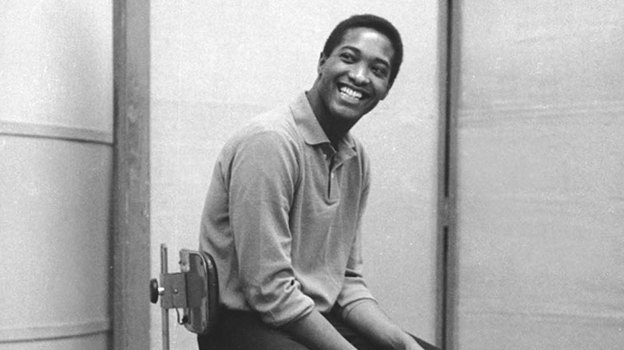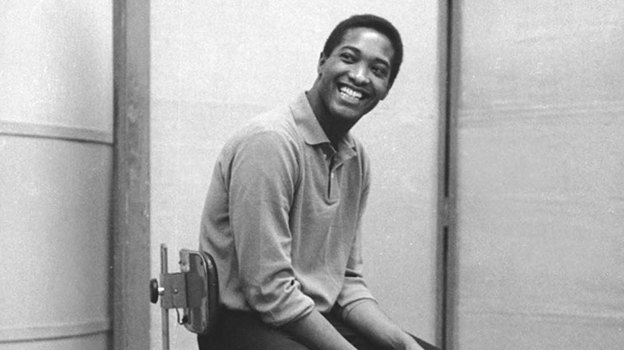

Sam Cooke put the spirit of the black church into popular music, creating a new American sound andsetting into motion a chain of events that forever altered the course of popular music and race relations in America. With “You Send Me”in 1957, Cooke became the first African-American artist to reach #1 on both the R&B and pop charts. It was risky for this young gospel performer to alienate his fans by embracing “the devil’s music” — but he proved, with his pop/gospel hybrid, that it was, indeed, possible to win over white teenage listeners and keep his faithful church followers.
His smooth songs and sophisticated phrasing influenced artists from Al Green to Alicia Keys. And Cooke’s legacy reaches far beyond music boundaries. Spike Lee featured ‘A Change Is Gonna Come’ in his film Malcolm X, and the same song inspired President Obama’s speech. Who else besides an American Master can make such claims?
Cooke’s career was tragically short, but meteoric at every stage. From early childhood, his silky, soaring voice electrified the congregation at his father’s First Baptist Church in Chicago. By the age of 19, he became lead vocalist for the popular gospel group the Soul Stirrers, heard in churches and jook joints and nightclubs all along the Chitlin Circuit, from Chicago through the South to LA and back again. He redefined the genre and became gospel’s first iconic and, ironically, sexy superstar. Women began to flock to concerts to experience Sam, not Jesus!
Professionally, things continued to come easily to Cooke. “You Send Me” went gold, selling over a million records, and was followed by “Soothe Me,” “Feel It,” “Bring It on Home to Me,” “Wonderful World,” “Cupid,” “Twistin’ the Night Away” — all of which hit the charts within a two-year period. In combining two worlds, his constant challenge was to sing meaningful lyrics with the fervor of gospel and the romance of pop. He came closest with “Chain Gang,” observed and written during the civil rights era, and with the poignant, biting lyrics and melody of “A Change Is Gonna Come” in 1962, fashioned out of the depth of personal pain and loss.
Sam Cooke accomplished what no other black performer had ever even attempted, founding his own music publishing and record label, opening doors for and writing material for other artists — mentoring Aretha Franklin and launching Otis Redding. He had the courage to take an open stand against racism, refusing to perform at a segregated venue in the South and garnering the support of Dick Clark. His story ends abruptly at the height of his success when, at the age of 32 in 1964, he was, inexplicably, gunned down, leaving a profound legacy filled with extraordinary talent — and all the questions about what might have been.
